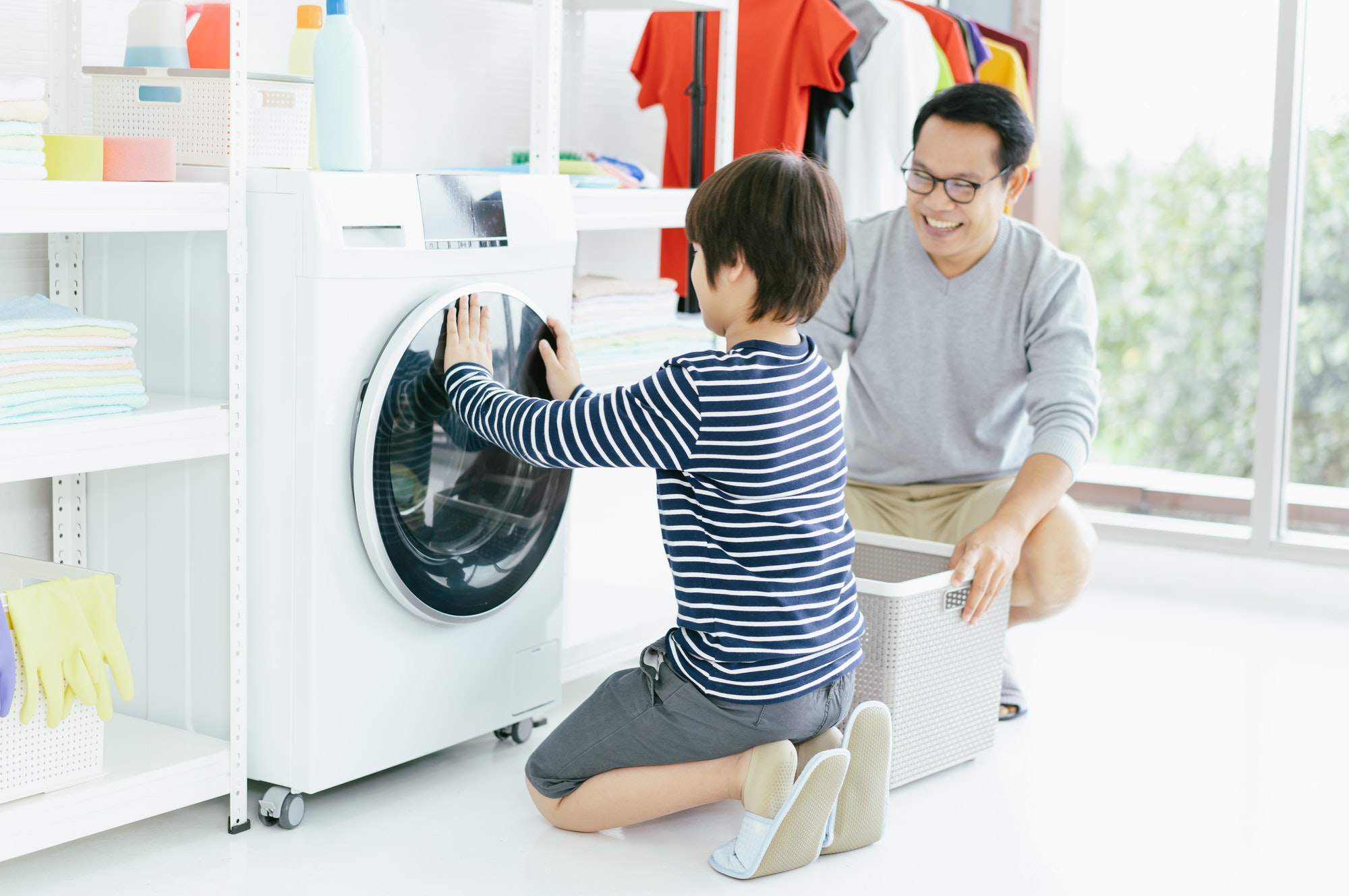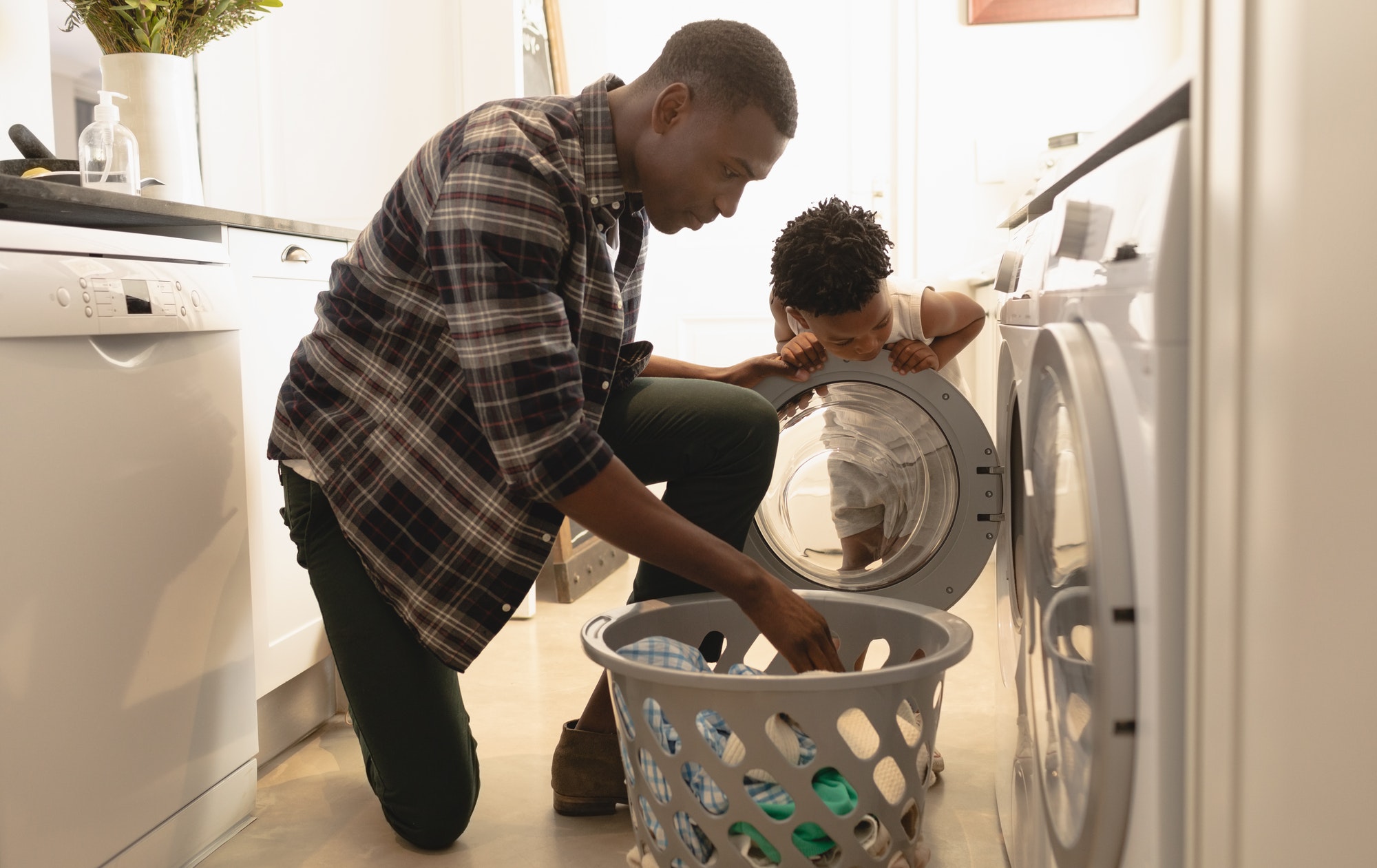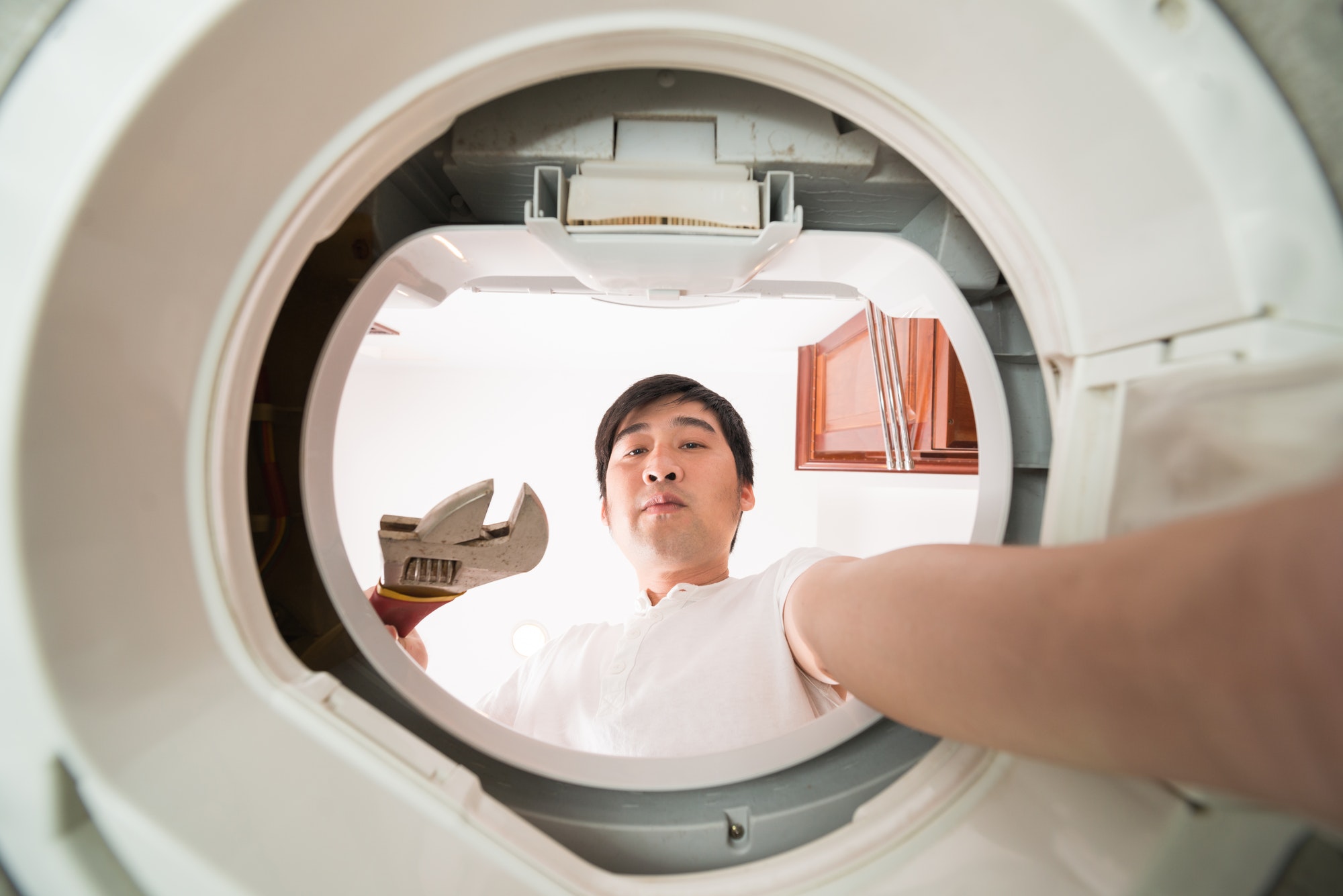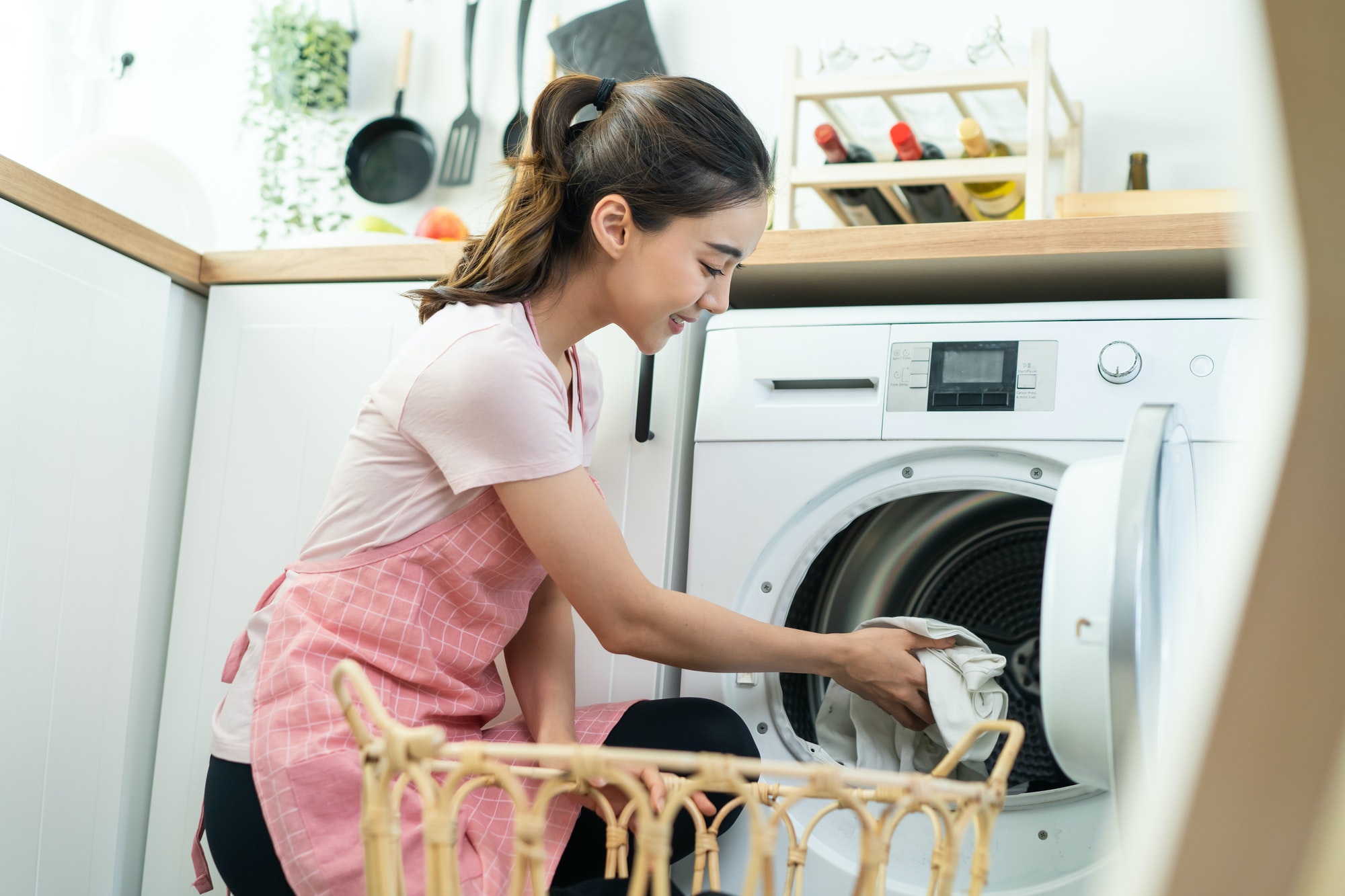The oven is a crucial appliance in any kitchen, integral to baking, roasting, and many other cooking tasks. However, like any other appliance, ovens can develop heating problems over time, impacting their performance and reliability. Addressing these issues promptly is essential to maintaining an efficient and safe cooking environment. This guide offers seven essential tips for identifying and addressing common oven issues, including heating problems, signs to note, and ensuring your kitchen runs smoothly.

1. Recognizing Uneven Cooking
A. Identifying The Problem
One of the most common issues with ovens is uneven cooking. If you notice that your food is consistently overcooked on one side while undercooked on the other, your oven may be distributing heat unevenly. This can be particularly problematic for baking, where precision is key.
B. Causes
- Faulty Heating Elements: Ovens typically have two heating elements, one at the top (broil element) and one at the bottom (bake element). If one of these elements is not working properly, it can cause uneven cooking.
- Thermostat Issues: The thermostat regulates the oven’s temperature. If it’s malfunctioning, the oven may not maintain a consistent temperature.
- Fan Problems: In convection ovens, a fan circulates hot air to ensure even cooking. If the fan is not working, heat distribution can be uneven.
C. Solutions
- Check Heating Elements: Visually inspect the heating elements. If one is not glowing red when the oven is on, it may need to be replaced.
- Test the Thermostat: Use an oven thermometer to check if the internal temperature matches the set temperature. If there’s a discrepancy, the thermostat might need recalibration or replacement.
- Inspect the Fan: Ensure the fan is operational. If it’s not spinning, it might be blocked or the motor might need replacing.
2. Common Oven Problems
A. Heating Issues
When your oven fails to heat up, it can disrupt your cooking routine significantly. Check for faulty heating elements as they are often the culprit behind this issue. Troubleshoot by inspecting and replacing any damaged elements to ensure even heating throughout the oven.
B. Door Problems
A properly closing oven door is crucial for maintaining consistent temperatures while baking or roasting. Malfunctions in the oven door can lead to heat loss and uneven cooking. Address issues by realigning the door, replacing seals, or fixing hinges promptly.
C. Temperature Control
The thermostat controls in your oven play a vital role in regulating the cooking temperature accurately. Issues with temperature control can result in undercooked or overcooked dishes. Adjust settings carefully and consider recalibrating the thermostat if needed for precise temperature management.
D. Noisy Operations
If you hear unusual noises coming from your oven fan or convection systems, it could indicate underlying problems. Noisy operations may affect heat distribution, leading to inconsistent cooking results. Resolve these issues by cleaning or repairing the fan components to ensure quiet and efficient operation.
3. Pre-Troubleshooting Steps
A. Initial Assessment
To effectively address potential causes of oven malfunctions, a thorough initial assessment is crucial. Begin by examining the oven’s exterior for any visible damage or irregularities. Next, check the power source to ensure it is functioning correctly.
When evaluating oven issues, pay close attention to any unusual sounds or smells emanating from the appliance. Assess the temperature accuracy by using an oven thermometer to verify if it matches the set temperature. These steps can help pinpoint the root cause of the problem.
Key Indicators:
- Unusual sounds or odors
- Inaccurate temperature readings
- Visible damage or abnormalities in the exterior
B. Safety Precautions
Prioritizing safety is paramount when troubleshooting oven problems. Always wear protective gear such as heat-resistant gloves and goggles to prevent injuries. Avoid touching hot surfaces directly and handle tools with care to minimize risks.
Ensure a safe troubleshooting process by disconnecting the oven from its power source before conducting any inspections. This precautionary measure reduces the risk of electric shocks or other accidents. Remember to wait for the oven to cool down completely before beginning any maintenance tasks.
4. Identifying Issues
A. Power Supply Review
To ensure your oven functions properly, reviewing the power supply is crucial. Common issues like tripped circuits or faulty outlets can affect the oven’s performance. Check power sources for any potential problems, ensuring a steady and reliable electricity flow.
B. Element Inspection
Inspecting the heating elements in your oven is essential. Elements may wear out over time, affecting cooking efficiency. Look for signs of damage or malfunction to address any issues promptly.
C. Sensor And Thermostat Tests
Testing the sensors and thermostat in your oven is vital for accurate temperature control. Issues with these components can lead to uneven cooking or burnt food. Conduct regular tests to ensure they are functioning correctly.
Seal Problems
Checking the oven door and seals is important for heat retention. Damaged seals or misaligned doors can result in heat loss during cooking. Ensure the door closes tightly and the seals are intact to maintain optimal cooking conditions.
5. Handling Self-Cleaning Cycle Problems
A. Replacing Elements
When your oven is malfunctioning, replacing faulty elements can often solve the issue. Check the heating element for any visible damage. If it appears worn out or broken, replace it promptly.
Consider the pros and cons of DIY replacement versus hiring a professional. DIY can save money but may be challenging. Professional help ensures correct installation but comes at a cost.
B. Wiring Repairs
Inspect the wiring of your oven regularly to identify any issues. Frayed wires or loose connections can lead to electrical problems. Repair or replace damaged wires immediately to prevent safety hazards.
Seek guidance from an electrician for wiring repairs if you’re unsure about handling electrical components. Safety should always be the top priority when dealing with wiring issues.
C. Component Maintenance
Regular maintenance of oven components is crucial for optimal performance. Clean the interior regularly to prevent the build-up of food debris, which can affect functionality.
Create a maintenance schedule for cleaning and inspecting different parts of your oven. This ensures early detection of any potential problems before they escalate.
6. Testing And Maintenance
A. Functionality Tests
To ensure your oven is in working order, conduct regular functionality tests. Start by checking if the oven door springs shut properly when you close it. Next, test the heating elements by setting the oven to a specific temperature and verifying if it reaches that heat level accurately. Another crucial test is to confirm that the oven fan is running smoothly during operation.
When performing functionality tests, pay attention to any unusual noises or odors coming from the oven. These can be indicators of underlying issues that may require professional technician intervention. Regularly testing your oven’s functionality can help you catch problems early on and prevent them from escalating into costly repairs.
B. Maintenance Planning
Create a maintenance plan for your oven to keep it in good condition. Schedule regular cleaning sessions to remove built-up grease and food particles that can affect your oven’s performance. Check and replace any worn-out parts such as springs or heating elements to ensure optimal functioning.
Maintaining your oven also involves inspecting the seals around the door to prevent heat loss during cooking. Proper ventilation is essential for your oven’s longevity, so make sure the vents are clear of any obstructions. By staying proactive with maintenance tasks, you can extend the lifespan of your oven and avoid unexpected breakdowns.
7. Preventive Maintenance Tips
Regular maintenance can prevent many common oven issues and extend the life of your appliance.
- Clean the Oven Regularly: Regular cleaning prevents residue buildup and ensures efficient operation.
- Inspect and Clean Heating Elements: Periodically inspect and clean the heating elements to ensure they are in good working condition.
- Check the Door Seal: Regularly inspect the door seal for damage and replace it if necessary.
- Test the Thermostat and Temperature Sensor: Periodically test these components to ensure accurate temperature regulation.
- Schedule Professional Inspections: Consider scheduling annual inspections by a professional to identify and address potential issues before they become major problems.
Benefits
- Improved Performance: Regular maintenance ensures your oven operates at peak efficiency.
- Extended Lifespan: Preventive maintenance can extend the life of your oven, saving you money in the long run.
- Safety: Regular inspections and maintenance can prevent potential safety hazards, such as gas leaks or electrical issues.
Final Remarks
By following the essential tips outlined in this guide, you can confidently tackle any oven issues that may arise in your kitchen. Understanding the common problems, preemptive troubleshooting steps and best practices will empower you to identify, address, and maintain your oven efficiently. Regular testing and maintenance are key to ensuring your oven functions optimally, saving you time and money in the long run. Remember, a well-maintained oven is crucial for smooth cooking experiences and delicious meals.
Take charge of your kitchen appliances by implementing these tips today. Your proactive approach will not only enhance the performance of your oven but also contribute to a stress-free cooking environment. Stay informed, stay prepared, and enjoy hassle-free cooking with a well-functioning oven.
Frequently Asked Questions
1. How To Identify Common Oven Problems In The Kitchen?
To identify common oven problems, look out for issues like uneven heating, strange noises, inaccurate temperature, or a malfunctioning thermostat. These signs can indicate potential problems that need addressing to ensure your oven functions properly.
2. What Are The Pre-Troubleshooting Steps For Oven Issues?
Before diving into troubleshooting, ensure the oven is unplugged and cool. Check for basic issues like power supply, circuit breaker status, and gas supply. Clean the oven interior to remove any debris that might be affecting its performance.
3. How To Address Common Oven Issues At Home?
Address common oven issues by checking and replacing faulty heating elements, recalibrating the thermostat if needed, cleaning the interior regularly, and ensuring proper ventilation around the appliance. For complex issues, consider consulting a professional technician for assistance.
4. Why Is Testing And Maintenance Important For Ovens?
Regular testing and maintenance help in detecting potential issues early on, preventing costly repairs or replacements. It ensures your oven operates efficiently, cooks food evenly, maintains accurate temperatures, and extends the appliance’s lifespan for long-term use.
5. What Are Some Best Practices For Maintaining The Kitchen Oven?
Best practices include cleaning spills promptly to prevent buildup, avoiding using abrasive cleaners on sensitive parts, scheduling regular maintenance checks with a professional technician, following manufacturer guidelines for usage and care, and being mindful of what materials are safe to use in the oven.
Zuta Appliance Repair: Revitalizing Berkeley Kitchens with Premier Oven Services
In the dynamic atmosphere of Berkeley, CA, where the fast pace of life demands reliability in every aspect, Zuta Appliance Repair emerges as your essential partner in keeping your kitchen running smoothly. Understanding the vital role your oven plays in preparing nourishing meals for your family and optimizing your cooking efficiency, we are dedicated to delivering exceptional oven maintenance and repair services. With Zuta Appliance Repair, you gain more than just a service; you receive a steadfast commitment to quality, integrity, and environmental responsibility, all focused on enhancing your home’s functionality and your overall quality of life.
Solve a wide range of oven issues with Zuta Appliance Repair, where our specialized repair services rejuvenate your appliance, extend its lifespan, and bring noticeable reductions in energy bills. Our skilled team, equipped with unrivaled expertise and a friendly demeanor, ensures that your oven maintenance needs are addressed with efficient and eco-friendly solutions. This isn’t just about repairs; it’s about providing the peace of mind that comes with a perfectly functioning kitchen, making Zuta Appliance Repair an essential choice for every Berkeley homeowner.
Make today the day you choose to enhance your kitchen’s efficiency and protect the heart of your home from premature wear and tear. With Zuta Appliance Repair, you’re not just choosing repairs; you’re opting for a lifestyle upgrade. Ready to transform your kitchen and life? Contact us now at (415) 592-4633, and let Zuta Appliance Repair extend the life of your oven, ensuring it remains a central part of your daily life, offering convenience, efficiency, and peace of mind.
Disclaimer
The materials available on this website are for informational and entertainment purposes only and not to provide legal or professional advice. You should contact your attorney or home improvement specialist to obtain advice concerning any particular issue or problem. You should not act or refrain from acting based on any content included in this site without seeking legal or other professional advice. The information presented on this website may not reflect the most current home improvement developments. No action should be taken in reliance on the information on this website. We disclaim all liability concerning actions taken or not taken based on any or all of the contents of this site to the fullest extent permitted by law.







